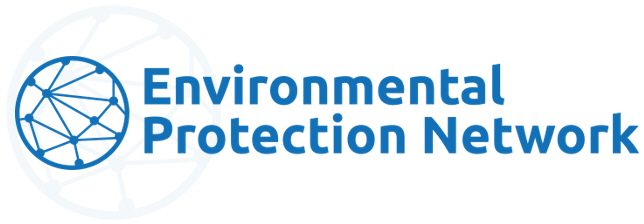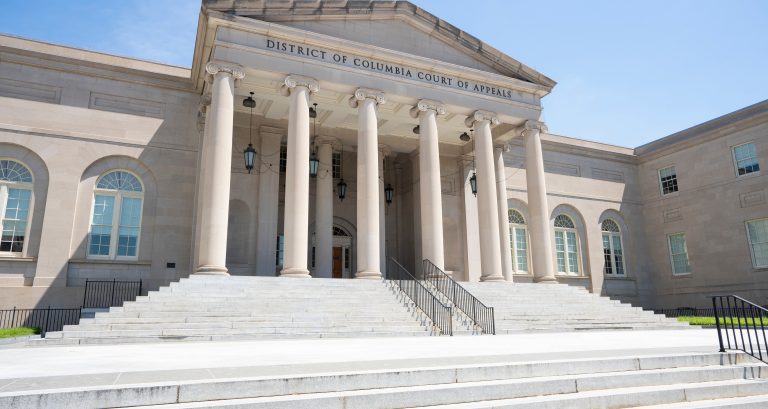FOR IMMEDIATE RELEASE
August 26, 2024
CONTACT:
Steven Fantes, Public Affairs Manager
617-817-1297 and steven.fantes@environmentalprotectionnetwork.org
The Environmental Protection Network Files Amicus Brief in Support of EPA’s Approach in Setting New National Air Quality Standards for Small Particles
The Environmental Protection Network (EPN), represented by the Jacobs Public Interest Law Clinic for Democracy and the Environment at Stetson University College of Law, filed an amicus brief in support of EPA, the respondents in Commonwealth of Kentucky, et al. v. EPA, et al., a petition regarding the agency’s recent Particulate Matter National Ambient Air Quality Standards (PM NAAQS) reconsideration that is before the U.S. Court of Appeals for the District of Columbia Circuit.
The brief illustrates that EPA worked well within its past practices when arriving at the new NAAQS. The basic methodology EPA used to select the level of the annual standard in the 2024 rule was consistent with the approaches it used in previous updates to the standards in 1997, 2006, and 2012; the D.C. Circuit upheld these approaches each time they were challenged. EPN volunteer and former Assistant General Counsel, Air and Radiation Law Office, Office of General Counsel John Hannon, co-authored the brief and is available to speak to the press.
About John Hannon: John is a volunteer with the Environmental Protection Network and worked for EPA as the former Assistant General Counsel, Air and Radiation Law Office, Office of General Counsel, from 1995-2014 and former Attorney, Air and Radiation Law Office, Office of General Counsel, from 1990-1995.
###
ABOUT THE ENVIRONMENTAL PROTECTION NETWORK
Founded in 2017, the Environmental Protection Network (EPN) harnesses the expertise of more than 650 former EPA career staff and confirmation-level appointees from Democratic and Republican administrations to provide the unique perspective of former regulators with decades of historical knowledge and subject matter expertise.

